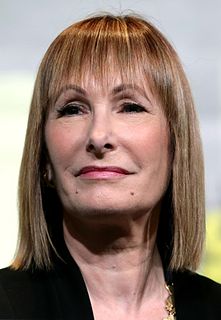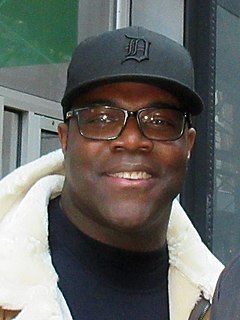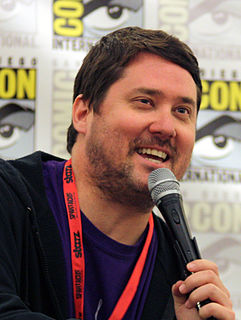A Quote by Robert S. Kaplan
Step one is to take ownership of figuring strengths ans weaknesses out. It starts with writing them down but, to take ownership, you have got to seek feedback of those who directly observe you - this is scary and uncomfortable for many people. It's no fun to hear negative feedback and most people don't want to stick their necks out to give it to you. So, you have to ask.
Related Quotes
I think for a lot of people, the financial barrier is the biggest leap you have to take to follow your dreams. A lot of people don't want to stick their necks out and take that risk, which is totally understandable - I think for a lot of people it doesn't happen because it's not a necessity. Unless it's a necessity to do this, it can be a pretty scary process.
You might want to keep trying to rise, using a path that builds on your natural strengths: sales, analysis, managing people, whatever, and keep asking for honest feedback. When you reach the point at which it feels clear you've topped out, revise your job description or take a step back. Up is not the only way.
I had people read it early on and, you know, well-meaning people said to me, you should take out the blogs. I didn't get much positive feedback. Only because most of these people were protective of me - it was sort of like a "tone it down, make it easier to swallow" kind of thing. And I just thought if I do that then it's not the book I want to write.
Openness by the leader paves the way for ownership by the people. Without ownership, changes will be short term. Changing people's habits and ways of thinking is like writing instructions in the snow during a snowstorm. Every twenty minutes the instructions must be rewritten, unless ownership is given along with instructions.
I think for a lot of people, the financial barrier is the biggest leap (that) you have to take. A lot of people don't want to stick their necks out and take that risk which is totally understandable. Until you are ready to totally bet on yourself and put all of your chips on the table, it doesn't happen.
Obviously, you take the risk to step over the line any time you do something where comedians interact with each other. Like a roast, somebody's always going to cross over the line. As far as the public goes, I like feedback, I like to hear laughter, and I like the occasional pointed heckle, but it's true: Everybody thinks that they need to express their opinion now. There's been this sea change where people are constantly writing to me directly about stuff, where in the past you'd never hear about it, because nobody would try to find you to make one of their stupid comments.


































